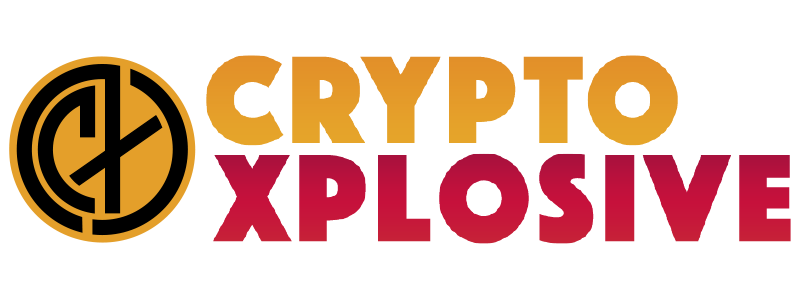Vitalik Buterin Suggests Lowering Ethereum’s Entry Barrier for Validators

TLDR
- Vitalik Buterin proposes reducing Ethereum’s validator threshold from 32 ETH to 1 ETH
- The proposal aims to improve network accessibility and decentralization
- “Single-slot finality” feature suggested to speed up block confirmations
- Current 32 ETH requirement seen as a barrier for smaller participants
- If approved, the change could allow thousands more validators to join the network
Vitalik Buterin, the co-founder of Ethereum, has put forward a proposal to change how people can participate in validating transactions on the Ethereum network.
The main idea is to lower the amount of Ethereum (ETH) needed to become a validator from 32 ETH to just 1 ETH.
Right now, to help run the Ethereum network, you need to lock up 32 ETH. This is a lot of money for most people. Buterin thinks this high amount stops many people from taking part.
He wants to make it easier for more people to join in and help keep the network secure.
Buterin says, “Lowering the minimum stake to 1 ETH would solve the issue preventing more people from solo staking.”
This means that instead of needing about $100,000 worth of ETH (at current prices), someone could start validating with just about $3,000.
The goal of this change is to make Ethereum more open to everyone. Right now, because it costs so much to be a validator, only a few people or big companies can do it.
By lowering the amount needed, Buterin hopes that many more regular people will be able to take part.
But making this change isn’t simple. If there are suddenly many more validators, it could slow down how quickly the network confirms transactions.
To fix this, Buterin also suggests something called “single-slot finality.” This would make transactions confirm much faster than they do now.
Currently, it takes about 15 minutes for a transaction to be fully confirmed on Ethereum. With Buterin’s new idea, this could happen in just 12 seconds. This would make using Ethereum much quicker for everyone.
The Ethereum community has been talking about these issues for a long time. Many people who want to help run the network find the current 32 ETH requirement too high.
If Buterin’s idea is approved, it could allow thousands more people to become validators.
However, before any changes happen, there needs to be a lot of testing. The Ethereum team needs to make sure that letting more people join as validators won’t cause problems for the network. They need to check that everything will still work smoothly and securely.
This proposal is part of Ethereum’s ongoing efforts to improve. The network has already made big changes, like switching from proof-of-work to proof-of-stake last year. This new proposal continues the trend of trying to make Ethereum more accessible and efficient.
If approved, this change could mark a significant shift in how Ethereum operates. It could make the network more decentralized by allowing many more people to take part in running it.
This aligns with one of the main goals of cryptocurrency: to create financial systems that are open to everyone, not just a few big players.




Comments are closed, but trackbacks and pingbacks are open.